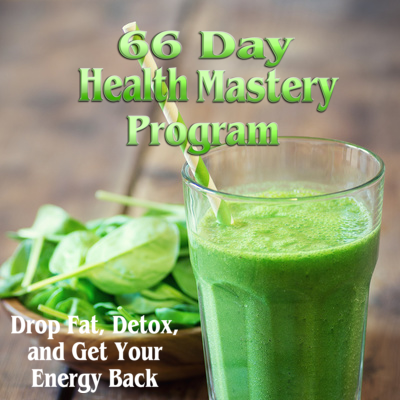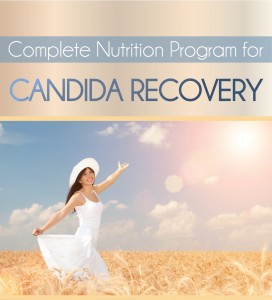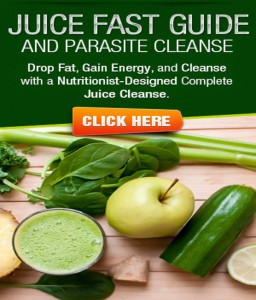“Almost everyone is going to have a cancer cell or pre-cancer cell in them at some point. The question is: does it progress? Turns out one of the major factors in determining if it does is protein intake.” ~ Valter Longo, Lead Researcher at the University of Southern California.
Researchers at the USC found that high protein consumption can lead to a much higher risk of death from both cancer and diabetes. Even more frightening is that you don’t even have to be a protein guzzler to suffer the life-threatening affects. The study found that people who ate even moderate amounts of animal protein were still three times more likely to die of cancer than low-protein eaters.(The study found that diets high in plant-based proteins like beans, lentils, and nuts, did not have the same dangerous effects as animal proteins.)
If that is not a road you want to go down, consider what’s on your plate. Paleo, Atkins and other high-protein consumers beware. According to Dr. Joel Fuhrman, the average American is consuming more than 50% of the protein they should be.
The dangers inherent in a high protein diet are far-reaching and serious. In addition to increased risk of death from cancer, any excess protein that your body cannot utilize either gets stored as fat or eliminated through the kidneys – causing a leaching of calcium and increased risk of kidney stones. The increase in people with kidney stones should come as no surprise considering the excessive protein consumption in the average SAD or Paleo style diet.
Another serious problem with consumption of high purine animal protein, is that it causes the body to be in a state of acidity, where aging and disease begin.
How about our bones? Have you ever heard that you need to eat a lot of dairy and protein for healthy bones? Consider this: the African Bantu people consume very low protein diets, and an average of 350 mg of calcium per day (current recommendations for Americans is about 1000 mg per day) yet do not have calcium deficiency, seldom break a bone, and rarely lose a tooth. Osteoporosis among the Bantu is very rare until they migrate to the United States and begin to consume a typical, protein-laden American diet.
In contrast, Native Eskimos have a diet that is the highest in protein consumption in the world, up to 400mg per day primarily from fish. They also have the highest dietary calcium intake of any other people in the world— above 2000 mg per day from fish bones. Native Eskimos have the highest rate of osteoporosis in the world.
“The average American diet, which is high in protein and low in fruits and vegetables, generates a large amount of acid, mainly as sulfates and phosphates, which the skeleton supplies buffer by active resorption of bone…A diet high in acid-ash proteins causes excessive calcium loss because of its acidogenic content”. See HTTP://WWW.NCBI.NLM.NIH.GOV/PUBMED/9614169
Having said that, as a plant based clinical nutritionist, I believe the protein question deserves a little bit more thought than just a cursory “oh greens have protein”, or “fruit has protein” etc. While those statements are definitely accurate, getting enough protein can sometimes be a challenge for those new to the vegan lifestyle, depending on what foods they focus on. And remember that it is not simply “you are what you eat”, but more accurately, “you are what you absorb and assimilate”. So, it is important for your body to properly absorb and assimilate the nutrients from the protein.
Here are some ways you can boost your absorption of healthy plant based proteins.
- Consume citrus fruits like oranges and lemons, which although they have an overall alkaline-ash effect on the body, can help create a more acidic environment in your stomach, assisting in the breakdown of protein.
- Be sure to include Branched Chain Amino Acids (BCCA’s) in your diet. Some great sources are sesame seeds, sunflower seeds, and pumpkin seeds. These seeds have the added bonus of containing omega-3’s.
- Exercise. Exercise stimulates muscle protein synthesis during which your body seeks out amino acids to make new protein chains. So consuming protein foods within about an hour after exercise can assist your assimilation of the amino acids.
- Vitamin B-6 (pyridoxine), helps carry amino acids from your digestive tract into your blood stream. Without enough B-6, you will not be able to absorb enough nutrients from your protein sources.
Ultimately, if your daily diet includes protein based plant foods such as greens (like kale, collards, broccoli and bok choy), beans, lentils, nuts and seeds, citrus fruits and BCCA foods, and you get plenty of exercise, you will be providing your body with the appropriate level of protein that will be easily usable by your body and won’t lead to an increased risk of cancer, diabetes, bone loss and premature aging.










